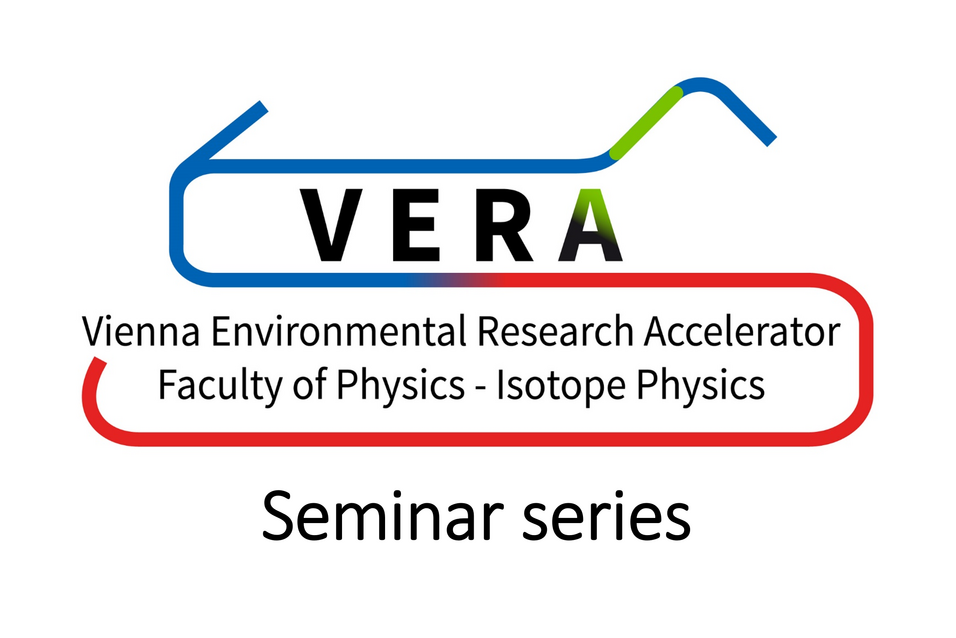Deep-time reconstruction of palaeoenvironments is of great importance for many geoscientific and life science disciplines. Geoarchives such as river terraces, dunes or deep-sea Fe-Mn crusts and nodules provide information on drainage evolution, climate change and dust fluxes. "Rates" are integral to almost all related research questions, requiring the use of state-of-the-art dating techniques on various materials.
One example of geo-bio interactions is given by intercontinental dust fluxes from the African deserts to South America. These wind-blown particles fertilize the local vibrant ecosystems, where the dust is rapidly metabolized by organisms, requiring alternatives to conventional drilling or outcrop studies. Deep-sea Fe-Mn crusts and nodules contain terrestrial dust particles, making them potential archives for fingerprinting, dating and tracing global dust fluxes. Cosmogenic nuclides are used for determining the age of crust intervals, whereas detrital zircon ages and heavy mineral analysis on a large num-ber of individual terrestrial dust particles uncover their origin and source-to-sink fluxes.
Even the most advanced technique employed for utilizing new deep-sea archives is of limited benefit without information about the original dust sources and their availability over time. Therefore, specifically the evolution of drainage systems through time is studied, since rivers are the primary distributors of desert sediments in later stages. This work also involves compilation and handling of vast geodatabases. The initial findings are highly encouraging and have exceeded the proof-of-concept stage.
Andreas Gärtner (Dresden): Rivers, dusts and deep-sea crusts – challenges in deep-time palaeoenvironment reconstructions
Location:
Victor-Franz-Hess-Hörsaal, Währinger Str. 17, 1. Stock Kavalierstrakt
Verwandte Dateien

